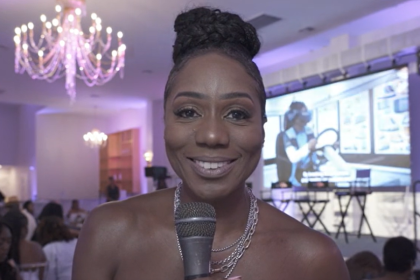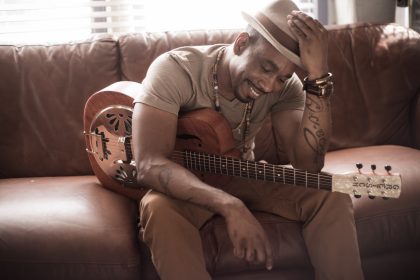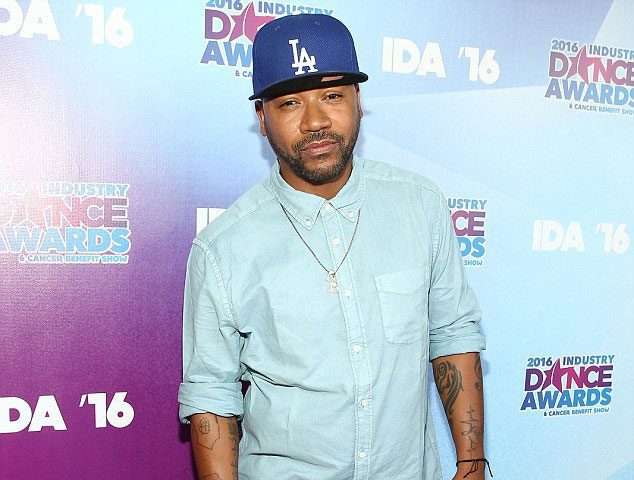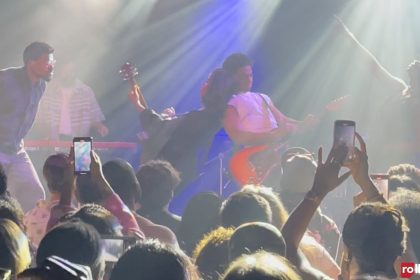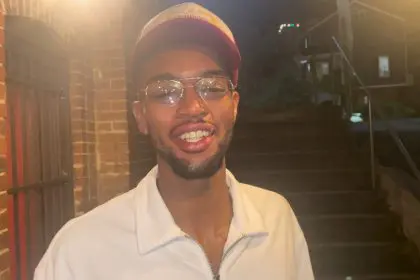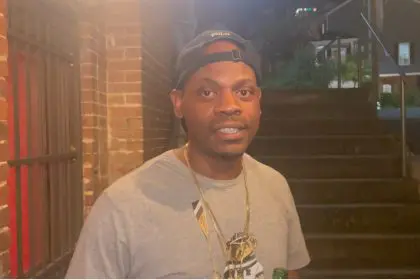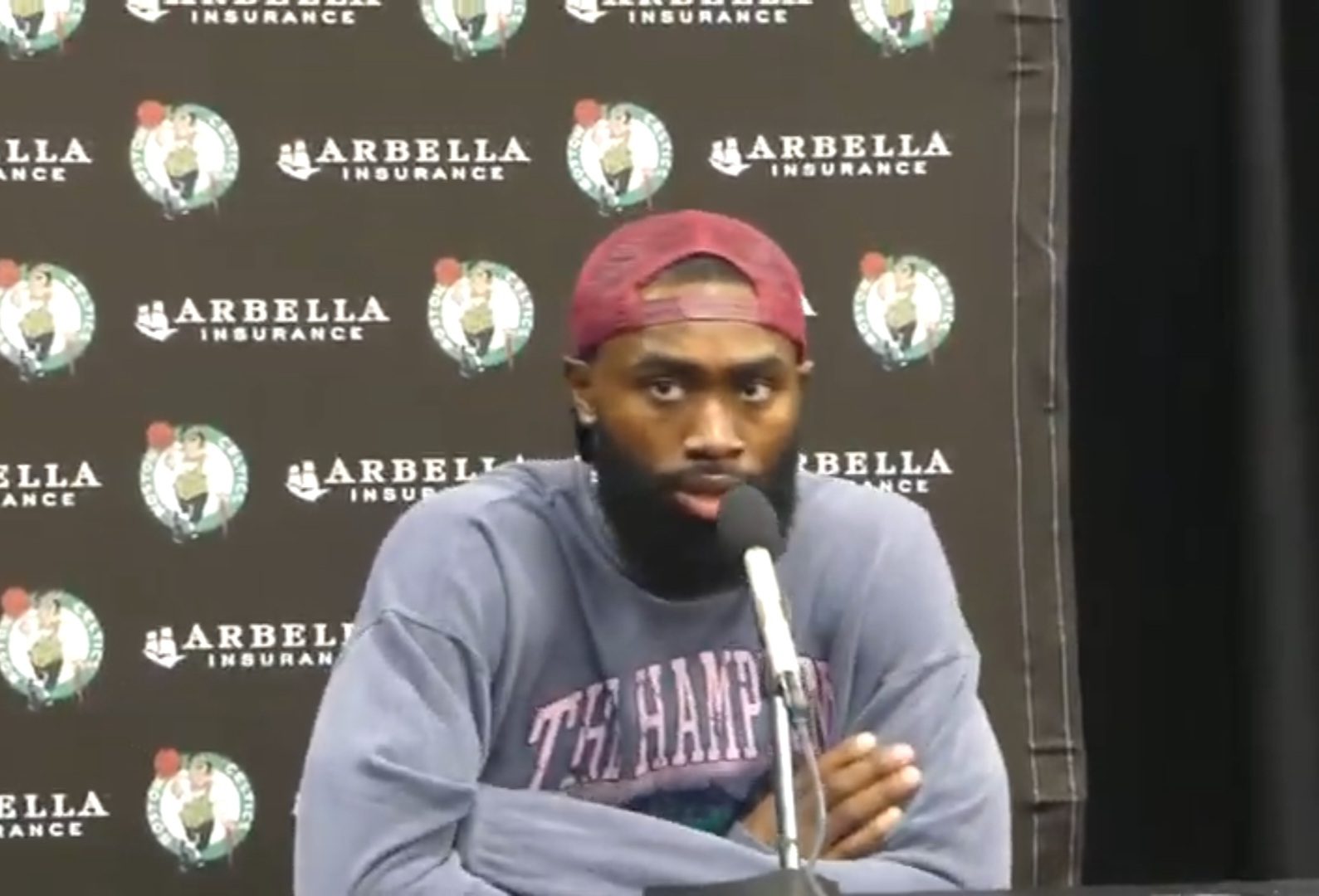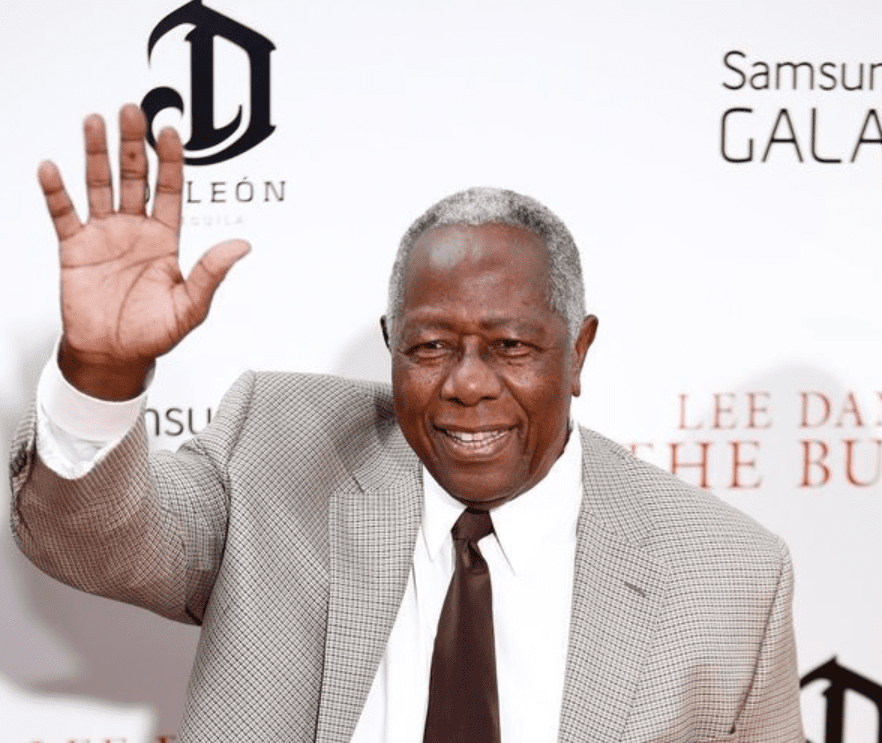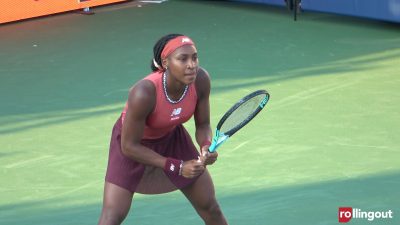For some athletes, knowing what to do post-career can be challenging, especially if playing their respective sport was the only thing they’ve accomplished. That can lead to them feeling lost or confused with nowhere to turn when things get tough.
Nia Symone, a former HBCU Division 1 basketball player, has never been shy about telling her story of the trials and triumphs she went through post-career. She created an athlete-led storytelling production company, Purpose To Be Heard, to help and inspire other former athletes going through the same thing.
Symone spoke with rolling out about her story post-career and Purpose To Be Heard.
For former athletes who are struggling to figure out what’s next, what should they do?
I went and got therapy, but that may not be everybody’s plan, and that’s okay. The beautiful part about life is that we all have different walks. We need community, we need support, and we need a lot of love. I had been playing basketball since I was four; I started playing AAU travel ball at eight and then went straight on to middle school, high school, and college ball. I never knew a life without basketball, and that’s a story for a lot of us because it takes up a lot of our time.
I always say, “Once an athlete, always an athlete,” but I think that every single human being and every single athlete should sit down and figure out all the things that they’ve wanted to do that they never had a chance to do. I personally say get a journal, or just use your Notes app. Get those thoughts out. We compartmentalize a lot of stuff because we’re constantly being gaslighted. When you step onto the court or field, there are no emotions, which I get. It’s time to compete, so we got to lock in, but some of us don’t know how to turn that on and off when we get off the court or the field. Now you’re pushing that into your personal life, your love life, and your soul is just tunnel vision.
What are the things Black athletes go through?
Survival. I know, for a lot of us, [sports is] our only way out. Black athletes make up a large percentage of both professional and collegiate sports as a whole, and [the teams are] constantly using our bodies and our minds. Then, when it’s time for us to transition out, it’s like, “Alright bye, bye. We’re on to the next.” It’s a business, right? I get it. It is wrong, but I get it. But why is it that with this billion-dollar industry in both professional and collegiate sports, there is no system set up to help the athlete transition out smoothly? It’s still not going to be perfect, but you can set us up for success. You’re constantly telling us that plan A is going to work. There are over 560,000 athletes right now competing on the NCAA level, fewer than 2% of those 560,000 athletes make it on the professional level. Not all of us are going to be a part of that, fewer than 2%.
Another part of it is equality. I think that, as a whole and as a community, if you want to play professional sports, let that be your plan A, but do not think that you are too good for plan B and plan C. That does not mean that plan A is not going to work, but we have one of the riskiest jobs in the world. I always tell people that because you can literally wake up and your career’s over in the blink of an eye.

